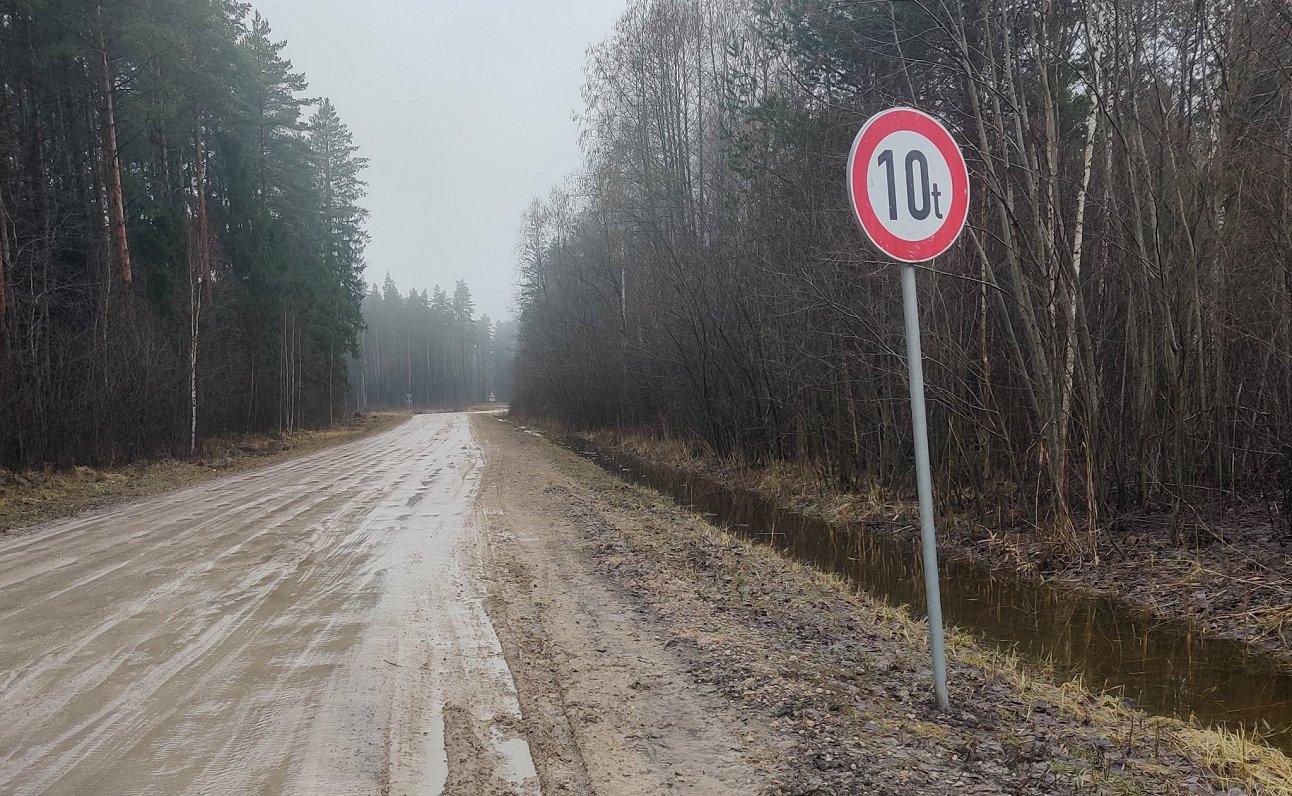Exploring the Beauty and Culture of Latvia

Introduction
Latvia, a small Baltic nation, has been steadily gaining attention on the global stage due to its unique blend of rich history, captivating culture, and stunning natural landscapes. As travelers increasingly seek off-the-beaten-path destinations, Latvia presents itself as a hidden gem that is both accessible and full of charm. This article explores the significance of Latvia in today’s context, highlighting its historical evolution, cultural influences, and environmental beauty.
A Brief History of Latvia
Latvia’s history is complex, shaped by various influences throughout the centuries. Once inhabited by the Baltic tribes, it was later incorporated into the Teutonic Order in the 13th century. The area experienced significant foreign rule over the centuries, including Polish, Swedish, German, and Russian occupations. Latvia declared independence in 1918 but faced Soviet and Nazi occupations in the 20th century before regaining its sovereignty in 1990. Today, Latvia embraces its independence, celebrating both its rich history and commitment to a European identity.
Cultural Highlights
Latvia is renowned for its vibrant culture, which reflects its historical influences and ethnic diversity. The capital city, Riga, is a UNESCO World Heritage Site characterized by its Art Nouveau architecture and medieval Old Town. The city celebrates several cultural events, including the Riga City Festival and the Latvian Song and Dance Festival, showcasing the country’s traditional music, dance, and customs. Additionally, Latvia is home to numerous museums, art galleries, and theatres that foster a rich artistic environment.
Nature and Tourism
Latvia’s natural landscapes are equally impressive, with over half of the country covered in forests and a vast array of wildlife. The stunning coastline along the Baltic Sea features sandy beaches and charming seaside towns like Jūrmala and Liepāja. National parks such as Gauja and Kemeri offer ample opportunities for outdoor activities, including hiking, cycling, and birdwatching. The pristine nature and biodiversity make Latvia an attractive destination for ecotourism, with visitors eager to experience its serene environment.
Conclusion
Latvia stands as a testament to resilience and cultural richness, offering a diverse range of experiences for both tourists and locals. With its historical depth, vibrant arts scene, and stunning natural beauty, Latvia is increasingly appealing to those seeking unique travel experiences. As more people turn their eyes to this Baltic nation, its significance on the European landscape continues to grow, promising a future that embraces both tradition and innovation.
